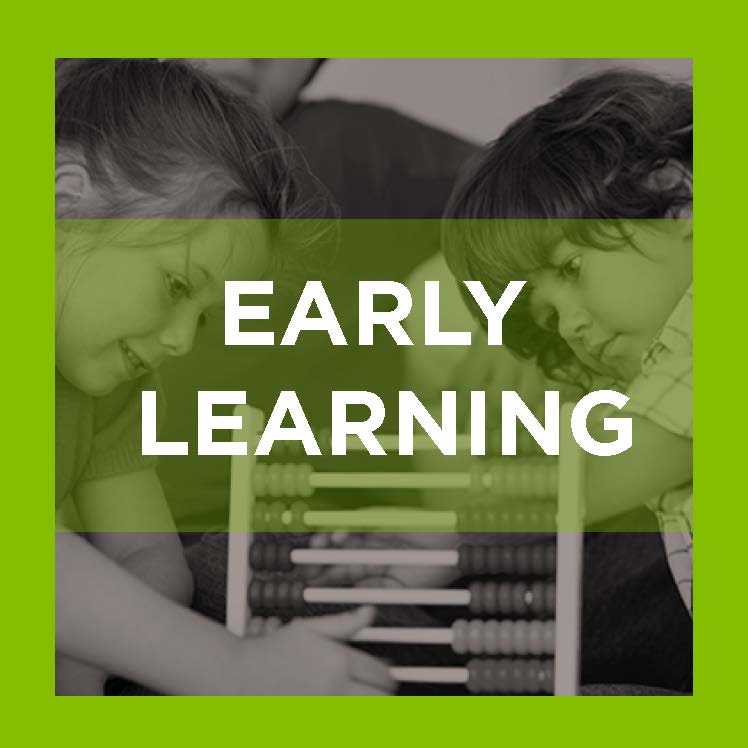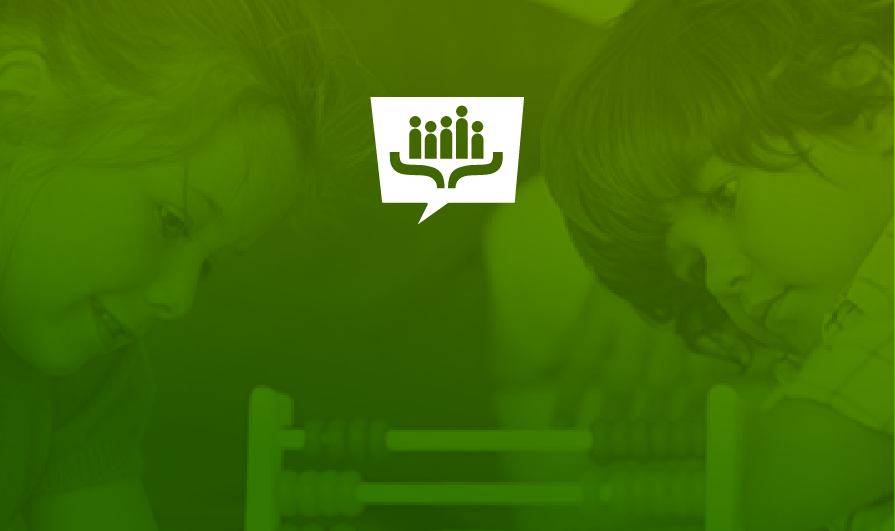Kindergarten is one of our most popular search items, and it’s no surprise: The early learning years are some of the most crucial in a child’s development socially, emotionally and academically. More than 3.5 million children enter public kindergarten programs annually, and by third grade, children are typically 9 years old and halfway to 18 — or their high school graduation.
To help you quickly compare how policies in this space vary across states — and to see which states provide guidance or none at all — we’ve updated our comprehensive database on all things early learning. Here, you can find state policies on 20 topics, including:
- Kindergarten requirements.
- Teacher quality
- Assessments, intervention and retention.
- Family engagement.
- Social-emotional learning.
Some of the key takeaways are:
- Seventeen states, plus the District of Columbia, require children to attend kindergarten, although the length of day varies across the states.
- Eighteen states, plus the District of Columbia, have policies to guide the transition from pre-K to kindergarten. This guidance often includes written transition plans, family engagement, teacher/provider meetings and assessment data linkages.
- Twenty-nine states, plus the District of Columbia, have retention policies designed to support students who are not on grade level by the end of third grade.
See more in this 50-State Comparison, which adds to our suite of resources on early learning. Other recent resources you might find useful are:
- How States Fund Pre-K: A Primer for Policymakers, which discusses the revenue streams available for funding quality pre-K programs, and includes an overview of funding types and variations.
- Initiatives From Preschool to Third Grade: A Policymaker’s Guide, which we’ve re-done to provide context, current state examples and additional resources and questions for policymakers to consider around 12 key policy areas.
These years hold tremendous potential to set children up for academic and social success. We hope you find these resources valuable in comparing what states are doing to support early education.





